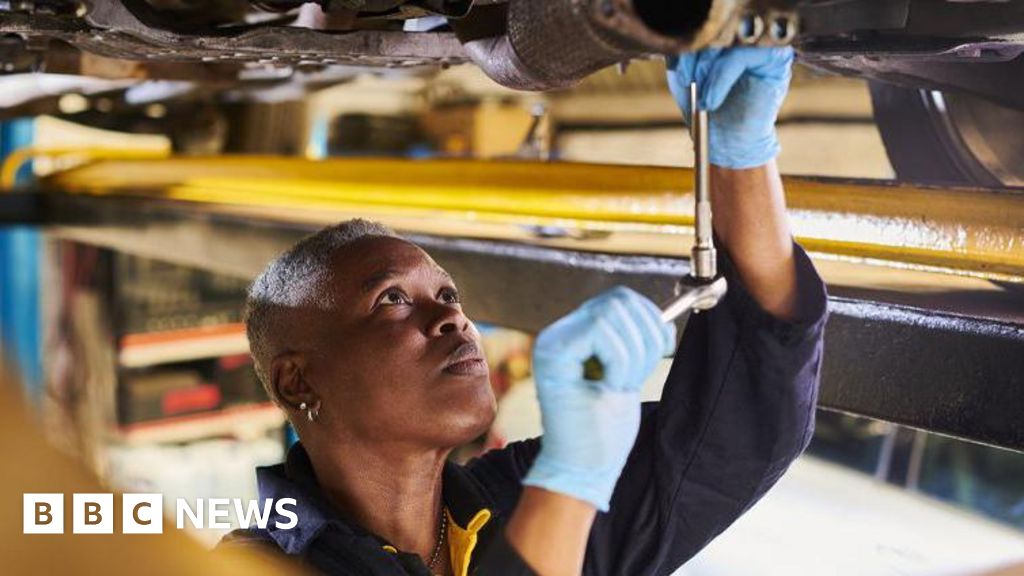Unlock the Editor’s Digest for free
Roula Khalaf, Editor of the FT, selects her favourite stories in this weekly newsletter.
The UK’s system of post-study work visas is likely to be fuelling low-wage migration rather than drawing “global talent” into high-skilled jobs, according to the committee tasked with reviewing the scheme.
In a report published on Tuesday, the independent Migration Advisory Committee said the introduction of the graduate route, which allows international students and their dependants to work in the UK for two years after graduation, had made the UK a “significantly more attractive destination” for those who wanted to enter its labour market.
Even before its introduction in 2021, many international masters students worked in low-wage roles in their first year after graduation, and earned little more after five years, the MAC said. Since then, a surge in international student numbers has been driven by enrolment at less selective, low-cost universities.
“The most likely outcome is that their performance in the labour market will be weaker than previous cohorts . . . we expect that at least a significant fraction of the graduate route will comprise low-wage workers,” the committee concluded.
The committee’s analysis will fuel fears among university leaders that they could soon face a further narrowing of visa routes for international students, as Rishi Sunak seeks to quell a rebellion by right-wing Tory MPs over record net migration.
A surge in students coming to the UK has driven the recent rise in international arrivals, with more than 620,000 student visas issued in 2022, and a growing proportion bringing family and staying for longer.
UK universities have become increasingly reliant on higher-paying international students to fund teaching and research, with international fees now accounting for nearly 20 per cent of their income. They fear that new curbs on masters students bringing family to the UK will hit their international recruitment.
Last week, home secretary James Cleverly said he had asked the MAC to review the graduate visa route as part of a package of measures to cut immigration.
The aim was to “protect the integrity and quality” of the higher education sector”, Cleverly told MPs, adding that the policy “needs to work in the best interests of the UK, supporting the pathway into high-quality jobs for the global talent pool, but reducing opportunities for abuse”.
Vivienne Stern, chief executive of the sectoral body Universities UK, said the graduate route was “an essential part of the UK’s offer” and it was important to “put to bed” any suggestion it could be scrapped.
But the committee’s report suggests it questions the scheme’s benefits — even though its chair, Brian Bell, said international students in general brought “a clear economic benefit to the UK”.
The cost-benefit of enrolling on a UK masters course had “changed substantially” as a result of the new visa route, the report said, since a student with an adult partner could jointly earn about £115,000 in a minimum wage job over three years in the UK, with course fees starting at £5,000.
The MAC said ministers needed “to decide what the purpose of the graduate route is”.
The committee said that if the scheme was meant to draw international students to the UK, the policy “appears to have been a resounding success”. However, if the aim was “to attract talented students who will subsequently work in high-skilled graduate jobs”, it was unlikely to add much to existing visa routes.
Credit: Source link











